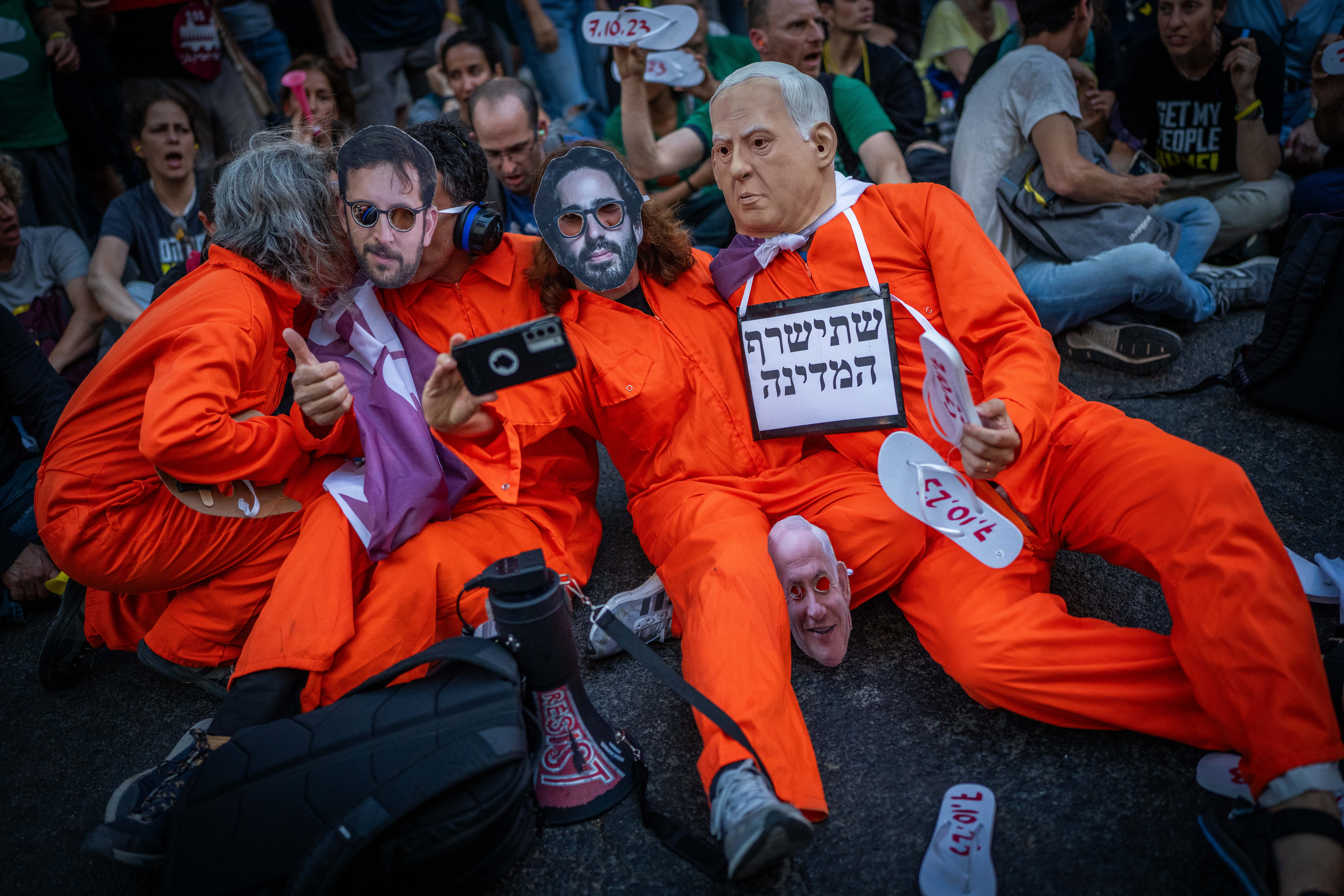Why Israelis insist on a hostage deal, even if it means more dead Israelis
Israel’s dilemma has no clean resolution. A deal might bring temporary relief but risks giving Hamas time to regroup, while holding firm could prolong the hostages’ suffering and deepen societal rifts, and possibly even bring down the government.

Israelis are no strangers to tough choices, but the current wave of protests demanding a new hostage release deal with Hamas reveals a painful paradox rooted in the nation’s collective memory.
The 2011 Gilad Shalit deal, which freed 1,027 Palestinian prisoners, including Yahya Sinwar, the mastermind of the October 7, 2023, atrocities, in exchange for one Israeli soldier, is as a cautionary tale. Yet, thousands take to the streets, urging the government to negotiate another deal to secure the release of hostages still held in Gaza.
Why, when history suggests such deals can sow the seeds of future tragedy, do Israelis push for this path? The answer lies in a complex interplay of moral imperatives, emotional urgency, and strategic dilemmas.
The protests are driven by a visceral human instinct: the desperate need to bring loved ones home. For families of the hostages, the moral weight of leaving their relatives in Hamas’s clutches is unbearable. Each day brings fresh reports of suffering, starvation, and death in Gaza’s tunnels.
The Israeli ethos of never leaving anyone behind, forged in a nation surrounded by threats, powers this demand. Protesters see the government’s reluctance, seemingly often prioritizing military objectives over negotiations, as a betrayal of this sacred principle. The anguish of inaction, for many, outweighs the abstract risks of future attacks.
This tension exposes a deeper divide in Israeli society. On one hand, there’s the pragmatic, security-first camp, wary of repeating past mistakes. They point to data: of the 1,027 prisoners released in the Shalit deal, over 200 were later rearrested for terrorist activities, per Israeli security reports. On the other hand, the emotional and ethical argument, saving lives, resonates with a public exhausted by endless conflict.
The government, led by Prime Minister Benjamin Netanyahu, faces an impossible bind. Refusing a deal risks alienating a grieving public and appearing callous, while agreeing to one could undermine long-term security. Netanyahu’s critics accuse him of stalling to preserve his coalition, which includes hardliners like National Security Minister Itamar Ben-Gvir, who vehemently oppose concessions. But the protesters’ demands oversimplify the stakes. A deal could release thousands more prisoners, potentially including figures as dangerous as Sinwar. Hamas’s track record shows it exploits such agreements to rebuild and rearm, as seen in the post-2011 surge in Gaza’s rocket capabilities.
So why protest? Because the alternative, waiting, hoping military pressure alone will free the hostages, feels like surrender to many. The protests reflect a society wrestling with its values: the sanctity of life versus the cost of survival. They’re less about ignoring history and more about prioritizing the present, however flawed the choice.
Protesters aren’t blind to the risks; they’re betting that international pressure, military operations, or future deterrence can mitigate the fallout. It’s a gamble born of despair, not naivety.
The protests are a cry for action in a nation that knows action often comes at a steep price. Until a deal is struck or the hostages are freed through other means, Israel will remain caught between its heart and its hard-learned lessons.